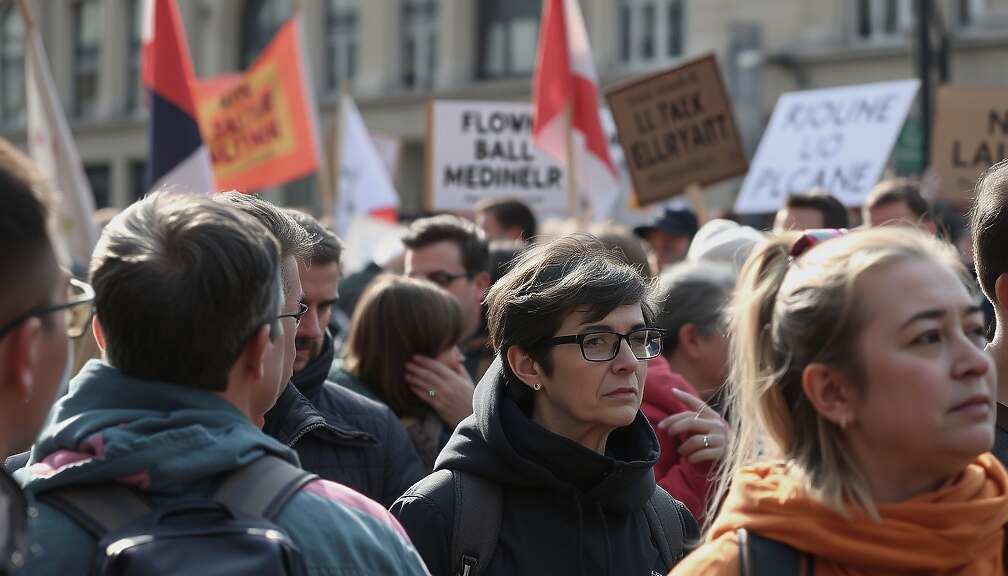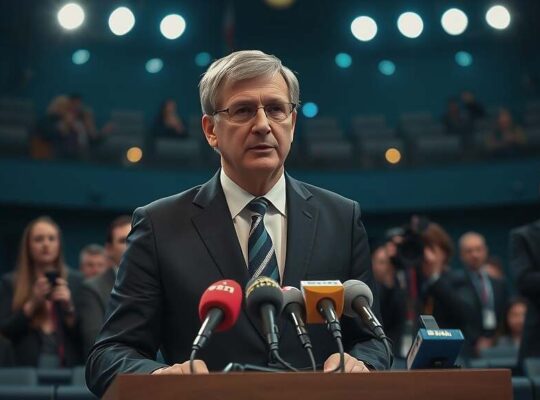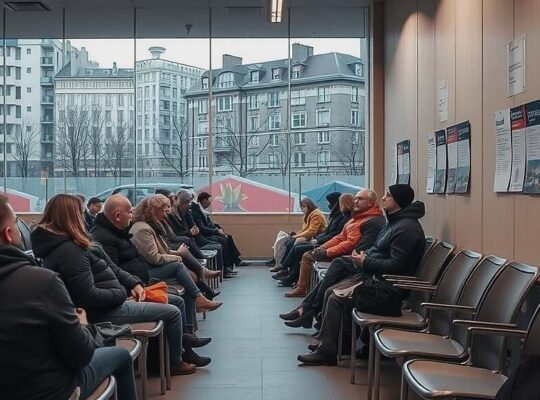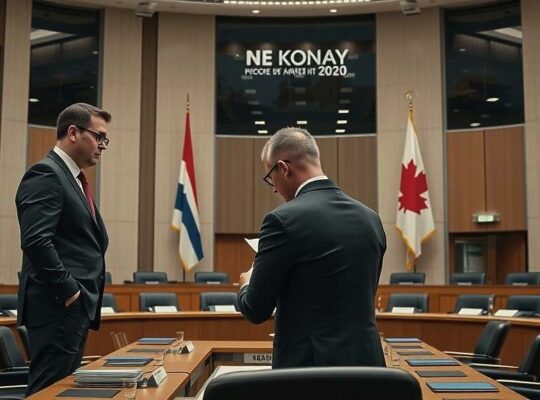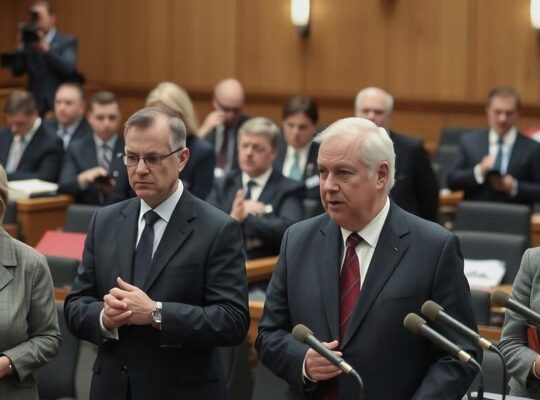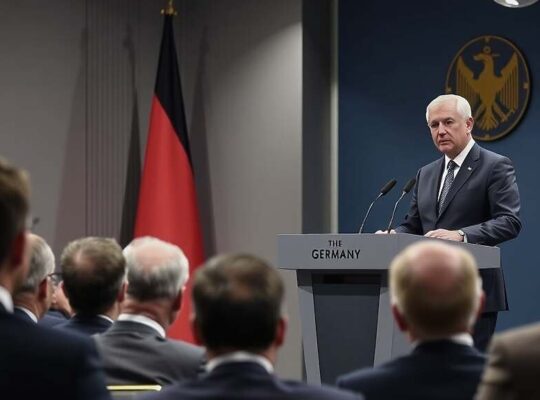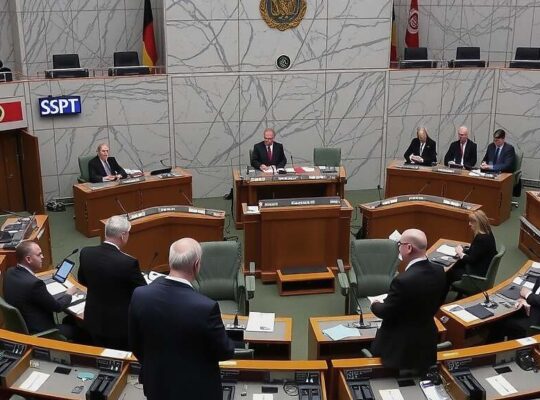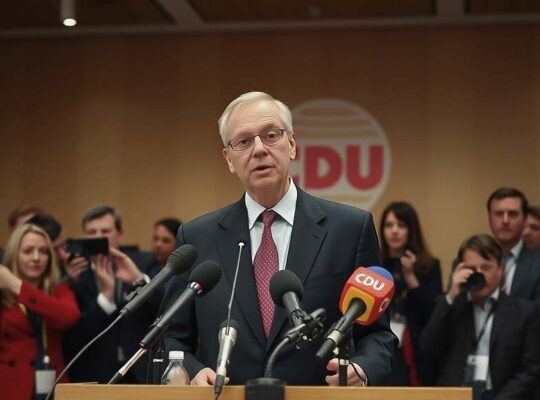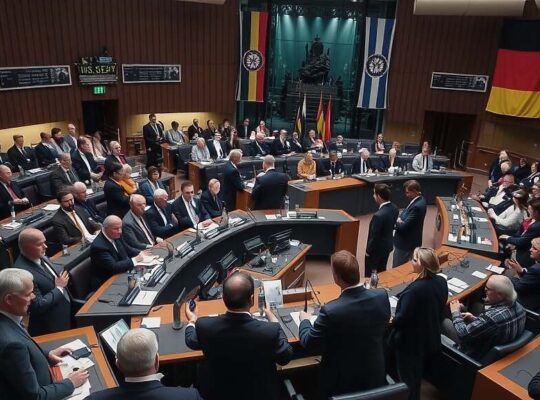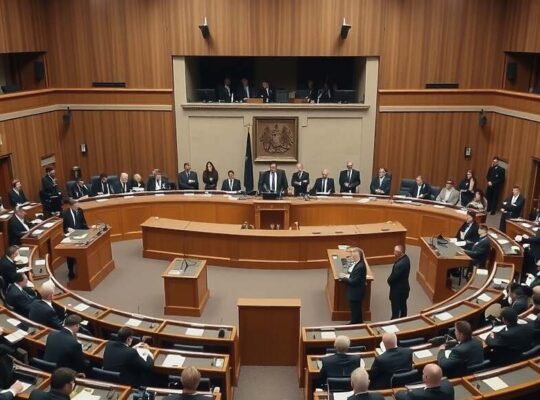The Social Democratic Party (SPD) has forcefully rejected criticism from CDU parliamentary group leader Jens Spahn regarding SPD parliamentary vice chair Wiebke Esdar’s participation in a recent demonstration protesting remarks made by Chancellor Friedrich Merz concerning urban landscapes.
Dirk Wiese, SPD’s parliamentary manager, defended Esdar’s presence, stating in an interview with “Rheinische Post” that she is a founding member of a long-standing anti-racism alliance in Bielefeld and routinely participates in the alliance’s demonstrations. The demonstration’s rallying cry, “We are the cityscape” aimed to promote a diverse and tolerant urban society. Wiese urged caution against over-analyzing the event, dismissing suggestions that Esdar’s involvement constituted inappropriate opposition conduct.
The controversy stems from Spahn’s visibly uncomfortable reaction during an appearance on the ARD program, “Bericht aus Berlin”, where he questioned the practicality of “opposition within the government” a dynamic he characterized as unprecedented. His comments highlight growing tensions within the German coalition government regarding approaches to social cohesion and urban development.
Wiese, in his response, pivoted to a call for a collaborative framework – a jointly-supported concept focused on creating liveable cities and communities that prioritizes safety in both public and private spaces, coupled with a firm stance against those who refuse to adhere to societal norms. He explicitly invited the CDU to join the SPD in this effort, signaling a desire to bridge the ideological chasm exposed by the recent dispute.
While presented as a call for unity, the SPD’s reaction has been interpreted by some analysts as a deliberate attempt to publicly rebuff the CDU’s criticism and reinforce Esdar’s commitment to the values of diversity and tolerance, potentially at the cost of further straining the already delicate balance within the ruling coalition. The incident underscores the ongoing struggle to define the parameters of acceptable political discourse and the challenges of maintaining effective opposition even within a governing alliance.


